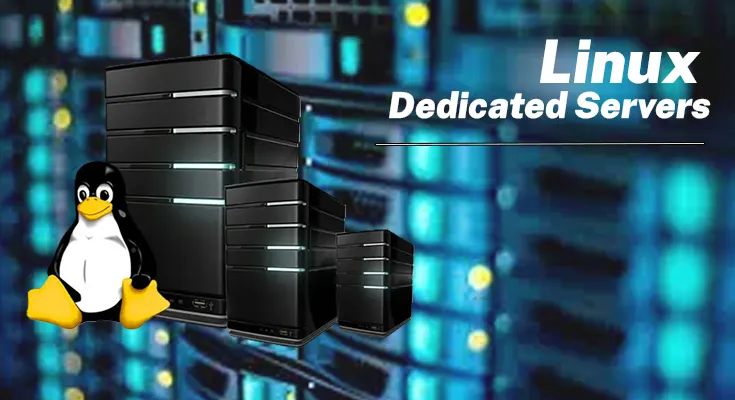
How to Choose a Reliable Electronics Recycling Company Near You
As technology continues to advance at a rapid pace, the need for responsible electronic waste (e-waste) disposal has become increasingly crucial. When looking to responsibly dispose of outdated or unused electronic equipment, it is essential to choose a reliable electronics recycling company. Selecting the right partner for e-waste management near you can ensure that your electronic devices are recycled in an environmentally friendly and secure manner. Here are some key factors to consider when choosing a reliable electronics recycling company in your vicinity:
1. Environmental Compliance and Certifications
First and foremost, look for an electronics recycling company that complies with environmental regulations and holds relevant certifications. Verify that the company follows industry best practices for e-waste recycling and disposal. Recognized certifications such as R2 (Responsible Recycling) or e-Stewards indicate that the company adheres to rigorous environmental and ethical standards in handling e-waste.
2. Data Security Measures
Data security is a …
How to Choose a Reliable Electronics Recycling Company Near You Read More


